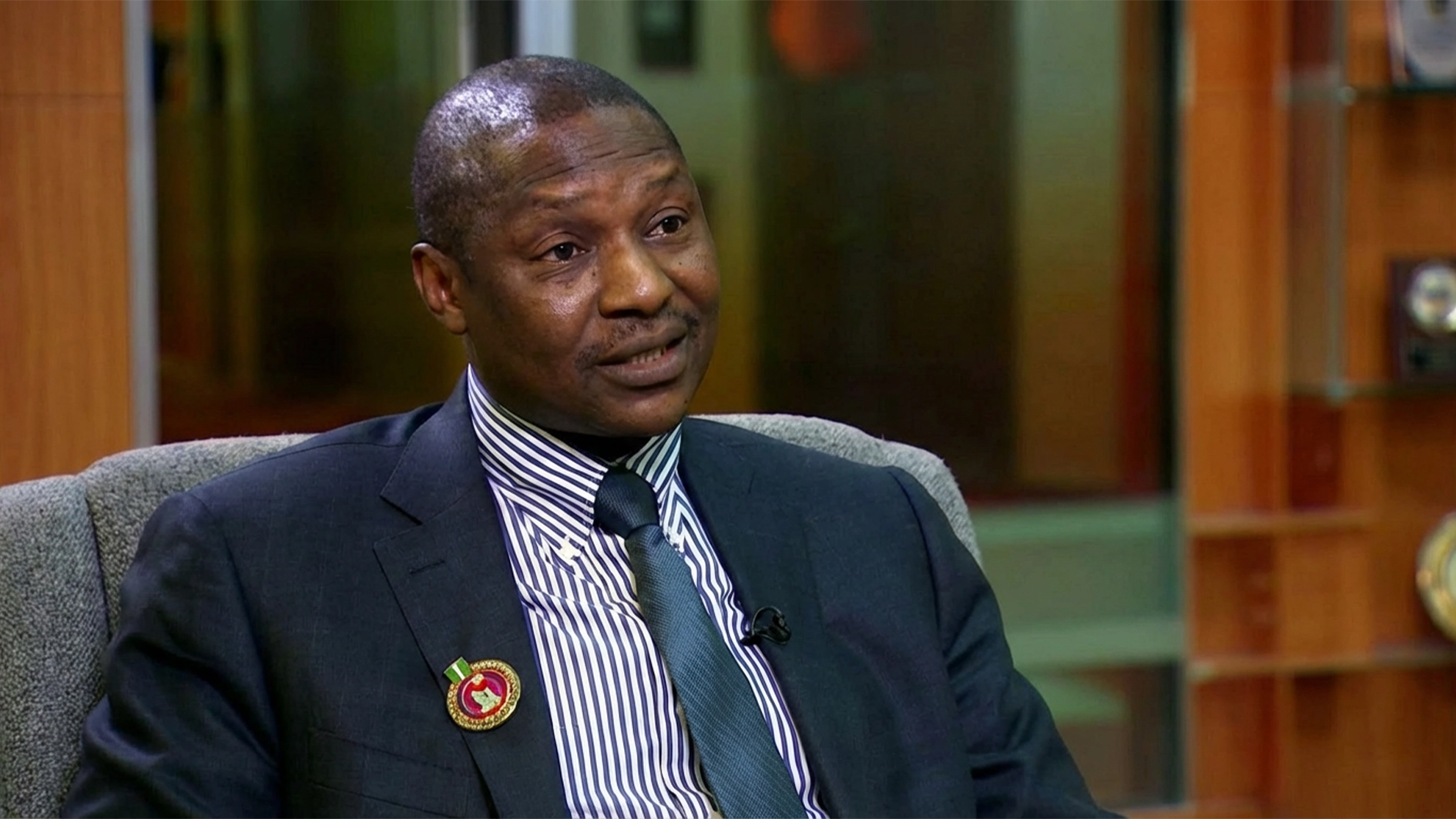
The government of Israel on Friday, pledged to deepen collaboration with Nigeria in advancing healthcare services in line with President Bola Tinubu’s Renewed Hope Agenda.
The Israeli Ambassador to Nigeria, Michael Freeman, disclosed this in Abuja, against the backdrop of the Hepato-Pancreato-Biliary symposium.
The theme of the symposium is: “Bridging the gap in Hepato-pancreatic-biliary surgery in Nigeria: challenges and strategies.
The symposium was organised by the Israeli embassy in collaboration with the Office of the Special Adviser to the President on Health and the Federal Medical Centre (FMC).
Freeman, who is also the Permanent Representative of Israel to ECOWAS, said the initiative was borne out of the need to boost the health sector, particularly in tackling pancreas issues.
“When President Tinubu declared the Renewed Hope Agenda and health was a critical area, we met Dr Salma Anas, Special Adviser to the President on Health, to see what Israel can do.
“To work with some of our expertise, particularly the pancreatic area, therefore we brought two leading surgeons from Israel for a number of days; they carried out four complex pancreas and Liver surgeries.
“They worked with Nigerian doctors, trained them to build medical capacity in Nigeria; we hope this will be the beginning of a long term relationship where we can help Nigeria build health capacity.
“Israel’s vision is that Nigeria should become a centre of excellence, a place where people come for medical tourism and Israel is committed to working with Nigeria to boost medical capacity,”he said.
He expressed the hope that partnership between the two countries would also focus on malaria treatment, and eye-care services and expand capacity building.
Also speaking, Anas described partnership with the embassy as a right step in tackling Liver and Pancreas issues that are common in the country.
She explained that when a pancreatic problem becomes turmoil and then cancer, such could be difficult to deal with.
Anas said there was a need for an early detection to avoid health complications.
“Unfortunately, we don’t detect that early because of limited capacities, even when we detect, an intervention which requires surgeries is also limited, because of issues of capacities within our healthcare providers.
“Secondly is the issue of affordability, it is a very important surgical intervention, so we went into partnership with the Israeli embassy because they have expertise in their country that does that globally.
“We are happy they deployed two specialists, a professor and a medical doctor; we selected FMC based on location and commitment of the Chief Medical Director, so we can attract other institutions.”
She said measures have been put in place to enhance the capacity building of medical personnel and make Nigeria a centre of excellence in medical, and surgical interventions across sub-Saharan Africa.
Prof. Saad Ahmed, Medical Director of FMC, expressed appreciation to the Israeli embassy and Anas for the choice of the centre, to be suitable in advancing healthcare services in Nigeria.
Ahmed was represented by Dr Bioku Muftau, Head of clinical Services of the centre.
“We appreciate the government and people of Israel for collaborating with Nigeria to advance healthcare development in the country.
“The issue of collaboration for healthcare development, especially at FMC Abuja, did not start this week; we have been on the journey for a long time,“he said.






